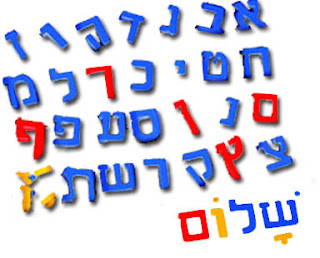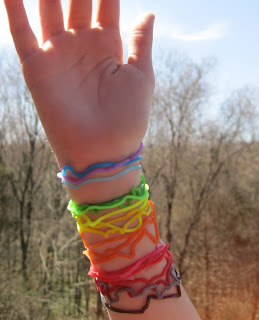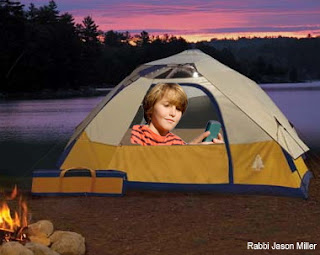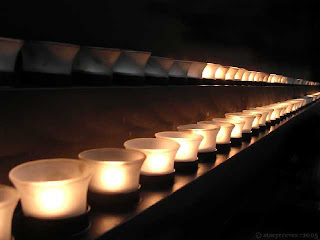On Wednesday night, Rabbi David Krishef, a Conservative rabbi in Grand Rapids, Michigan, did what any father would do. He advocated on behalf of his son. Rabbi Krishef published a long exposé on his blog that detailed what his family had endured over the past few days after being told that his 16-year-old son Solomon, who is blind, would not be able to spend the second part of the summer at camp. The reason the new camp director at Camp Ramah in Canada gave for this decision was that Solomon required more assistance from the camp’s staff members than the camp could adequately provide. The bottom line was that the camp could no longer effectively accommodate a camper like Solomon, even though he had spent several successful summers at the camp in previous years.
 |
| Photo on Camp Ramah in Canada’s website of Solomon Krishef with a staff member |
Rabbi Krishef’s blog post went viral. Well, at least in the Jewish community it did. Several people (myself included) posted a link to the blog post on Facebook and watched as dozens of people commented about this travesty and dozens more shared the link on their own Facebook pages. In the end, the camp director reversed his decision welcoming Solomon back to camp, although the 16-year-old blind teen weighed the decision and ultimately determined that after all the commotion he would not return for the remainder of the summer.
Of course there is probably much more to the story than what Rabbi Krishef blogged about. The camp director didn’t make his decision in a vacuum and it must have been a difficult decision to come to. But it raises several important issues about summer camp and keeping the publicity about camp positive.
The most important rule about summer camp is that the campers are safe and having fun. Solomon’s safety was not compromised. The camp director said the blind teen took too long at meals and in the shower and there wasn’t ample staff coverage to assist him. These problems can easily be remedied. Mistakes were clearly made and there was poor “customer service” coming from the camp.
I felt bad sharing Solomon’s plight when I posted the link to Rabbi Krishef’s blog on my Facebook page because I knew it would have negative consequences for this Ramah camp and the new director. [Full disclosure: In 2005 I served as Rabbi-in-Residence at Camp Ramah in Canada, and my friend was suddenly and unfairly released of his duties as director last year.]
The lesson in this is that every camp director needs to realize what it means to be in the customer service industry. Like any business, camps need to advance and be innovative. The leadership also must recognize the power of social media in the 21st century. Social media reigns king and that means that if a customer isn’t happy with their service at Best Buy or Starbucks, they will take their rant to the social networks where it will be “liked,” commented on and shared across other networks exponentially. As demonstrated by the angry father of a blind teen with a blog, this is also the case at Jewish summer camp.
Jewish summer camp means Jewish parents. While it may be fair to describe some of these parents as neurotic, the fact remains that all Jewish parents care deeply about the livelihood of their children. That means that they want their children to all feel special, safe and secure while at camp. No parents want to hear that the camp can’t accommodate their child for any reason.
Today is the first day of the new month of Av according to the Hebrew calendar. It is the beginning of a period of mourning for the Jewish people as we recall the destruction of the Temple in Jerusalem. In fact, this Hebrew month is often called “Menachem Av” because we desire comfort during this sad period. Camp Ramah in Canada will also require menachem as it deals with this matter internally and externally (a petition was signed by campers and staff appealing to the director to let Solomon stay).
I’m glad that the camp director reversed his decision and apologized to Solomon and the Krishef family. That was a good resolution. But the lesson has to be learned. In the 21st century, it is not enough for a camp to have a program for special needs children and teens. It must seek to accommodate all children and help them feel safe and happy at camp. Camp directors must lead by example and always seek to do good and to make wise decisions. They must try to always accommodate.
It is often said that a parent is only as happy as his saddest child. So too it is for summer camp directors. Try to keep all your kids as “happy campers” and the camp will be a happy place too.
Shabbat Shalom.










